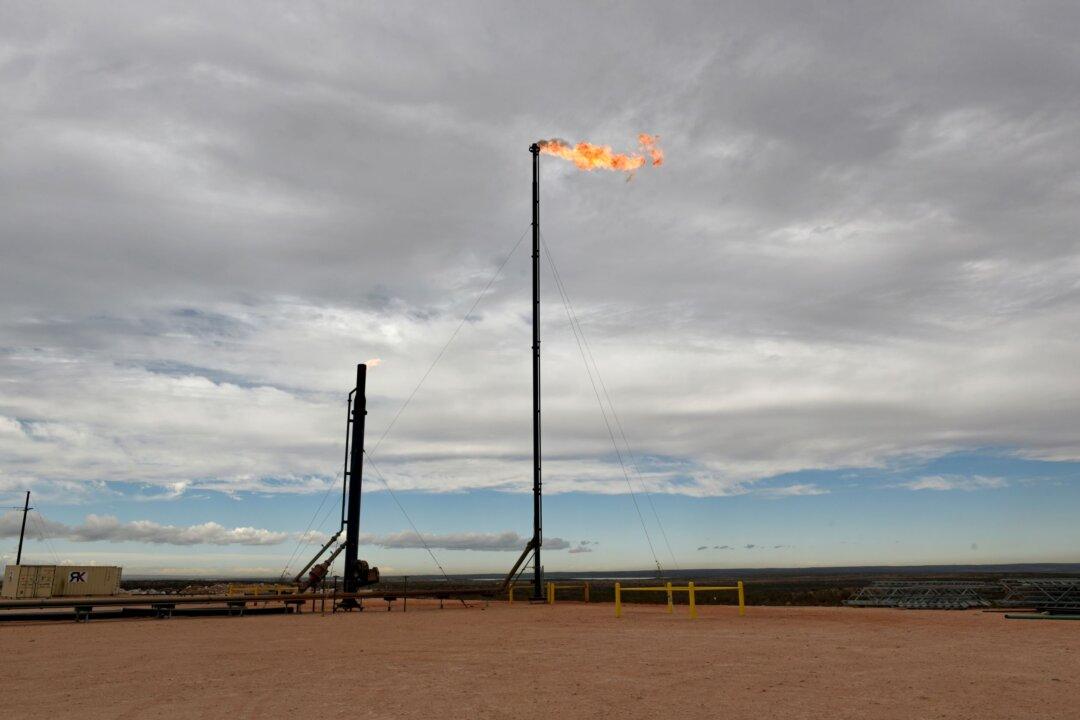Eversource Energy on Wednesday warned that customers could see natural gas heating prices rise 15 percent, costing an average of $30 a month more compared with last year.
In the company’s third-quarter 2021 earnings call on Wednesday, Philip J. Lembo, executive vice president and chief financial officer, cited rising prices post the COVID-19 pandemic, forecasts of a cold winter, and supply issues as reasons for the price increase.




